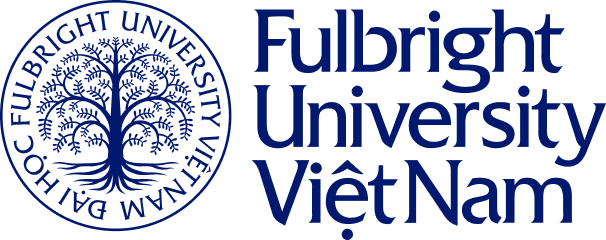Academic Team
Nguyen Thi Huyen Trang

Fields of Interest:
- Interactions and the feedback loop between microorganisms and the environments
- Biogeochemical cycles of carbon and nitrogen
- Combination of biochemical assays, molecular analyses, and ecosystem modeling to predict the upscale implications of microbial functions
CV: Ph.D. 2019, Oregon State University, USA [Link to my profile]
Bio:
Dr. Trang TH Nguyen is an environmental microbiologist who seeks to understand the ecological functions of microorganisms at multiple biological organization levels from micro- to global scale, and who has multidisciplinary experiences working in both terrestrial and marine environments. Dr. Trang TH Nguyen has developed extensive research networks and collaboration in the US, Vietnam, and Europe over the last 10 years. Her research was published in highly recognized science journals, such as Nature Communication, Frontiers in Microbiology, Soil Biology, and Biochemistry. Dr. Trang TH Nguyen has received many honorary awards and grants for her academic achievements and contributions from the US government such as from National Science Foundation, Vietnam Education Foundation, Agricultural Research Foundation, Pacific Northwest National Lab, Oregon State University, and non-US governments such as Simons Foundation. Besides working at Fulbright University Vietnam as faculty, she also serves as Visiting scientist at the Department of Biological Science at the University of Southern California, and as Editorial secretary on the Editorial Board of VNU Journal of Science: Earth and Environmental Sciences (VNU JEES), and as Adjunct researcher at University of Oklahoma at the Institute of Environmental Genomics. Her research focuses on understanding the microbial drivers of carbon and nitrogen cycling in terrestrial ecosystems, by combining interdisciplinary approaches including biochemical, molecular, and modeling techniques. By integrating these methods, she defines the mechanisms under which microbial communities respond to and mediate biogeochemical cycling. This mechanistic understanding then allows her to develop predictive tools to quantitatively measure the functional shifts of microbial communities in a changing environment and the potential feedback of the microbial community dynamics on the environment.
Courses:
- Introduction to Environmental Science
- Environmental Microbiology / Microbiology
- Integrated Science Special Seminar
Select Publications:
- Trang T. H. Nguyen, Emily J. Zakem, Ali Ebrahimi, Julia Schwartzman, Tolga Caglar, Kapil Amarnath, Uria Alcolombri, Francois J. Peaudecerf, Terence Hwa, Roman Stocker, Otto X. Cordero, Naomi M. Levine (2022). Microbes contribute to setting the ocean carbon flux by altering the fate of sinking particulates, Nature Communications 13, 1657 (2022). https://doi.org/10.1038/s41467-022-29297-2
- Trang T. H. Nguyen, David D. Myrold, Ryan S. Mueller (2019). Distributions of Extracellular Peptidases Across Prokaryotic Genomes Reflect Phylogeny and Habitat, Frontiers in Microbiology 10, https://doi.org/10.3389/fmicb.2019.00413
- Trang T. H. Nguyen, Markus Kleber, David D. Myrold (2019). Contribution of Different Catalytic Types of Peptidases to Soil Proteolytic Activity. Soil Biology and Biochemistry, 138:107578.
- Nguyen, Khai M., Tran, Son V., Truong, Thu V., Nguyen, Yen T., Nguyen, Trang T.H., (2012). Research on using peat as an adsorbent for color organic compounds removal from textile dyeing wastewater, VNU Journal of Science, 28(4S), 118-123.
- Nguyen, Khai M, Nguyen, Trang T.H., Nguyen et al. (2012). Research on water quality of Nhue River, Hanoi, VNU Journal of Science, 28(4S), 111-117












